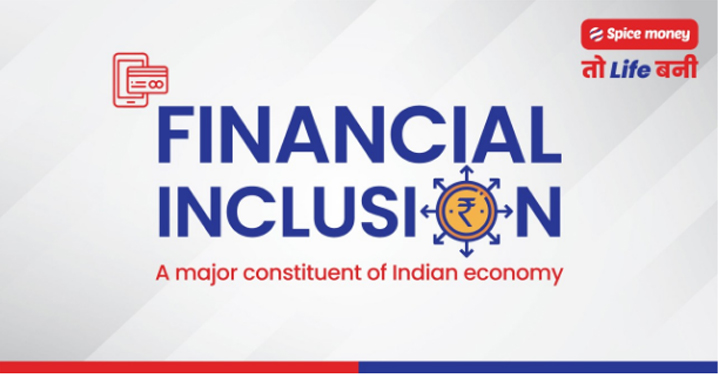
In the post-COVID era, it has become apparent that financial services are pertinent in driving development. These services aid people in rising above poverty by facilitating investments in their health, education, and businesses. It is a global phenomenon that poor people lack the necessary financial services such as bank accounts and digital payments. In India, this fact has now been acknowledged and the government has made it their priority to promote financial inclusion.
India's massive Aadhar drive, increased internet penetration, and use of digital payments are credible achievements. However, these are just setting up the foundations of financial inclusion. With the basic infrastructure being in place, the government, in tandem with the private sector now needs to focus on economic prosperity. This can be attained by understanding the diverse local markets, having a closer integration with the community, and driving financial literacy. I believe the best way to drive the development of rural India is by providing the communities additional income streams. This is covered in the broader scope of financial inclusion, where we transform the financially weak to micro-entrepreneurs while creating jobs in the local community.
The financially-weak segments of the society need to be made an integral part of our mainstream financial system so that they can have access to microcredit, channel their savings, and even create assets as well as ensure their health and life. Changing their economic circumstances and helping them lead better lives are the first steps we need to take to strengthen the country's economic position and drive development.
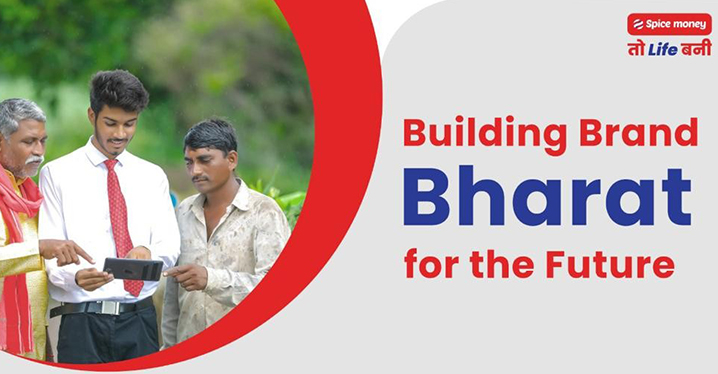
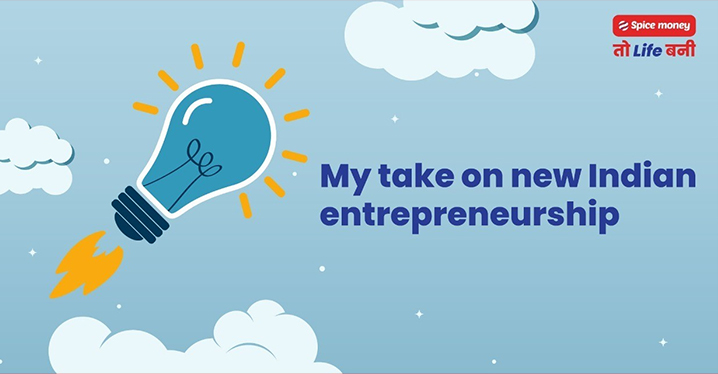

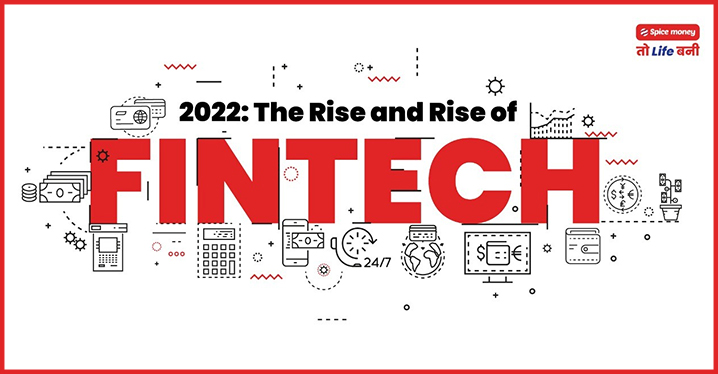


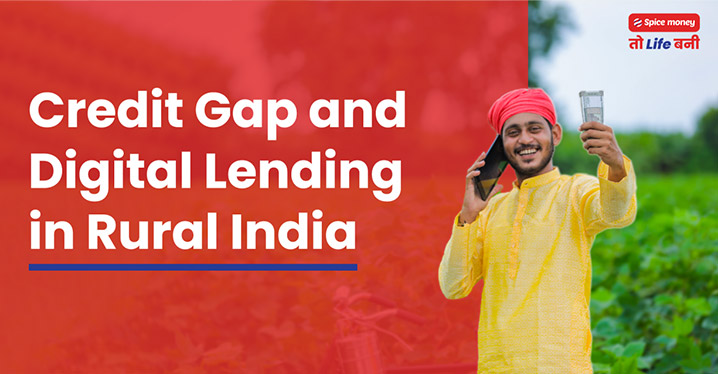

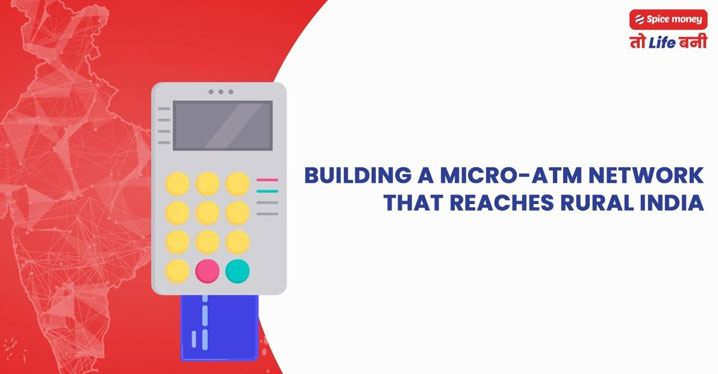

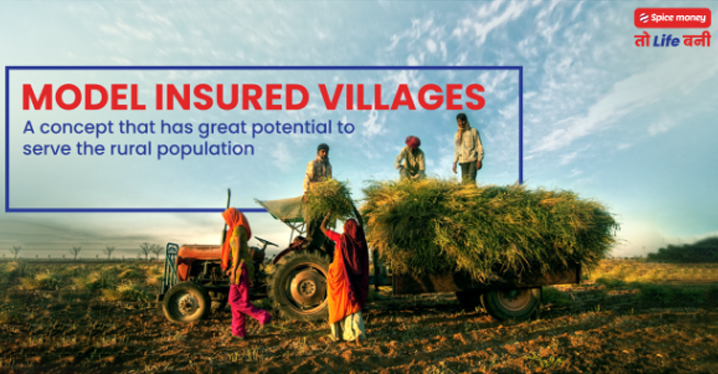
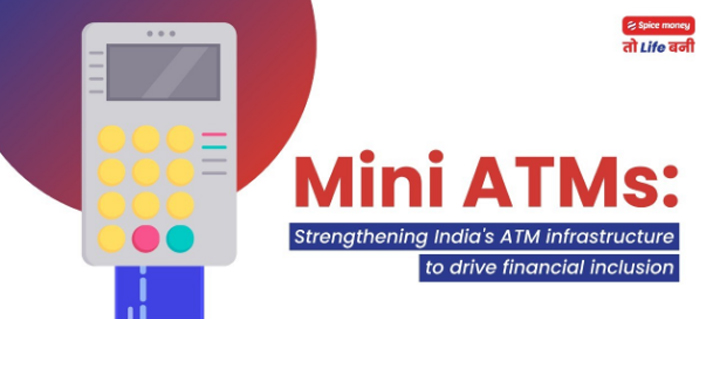
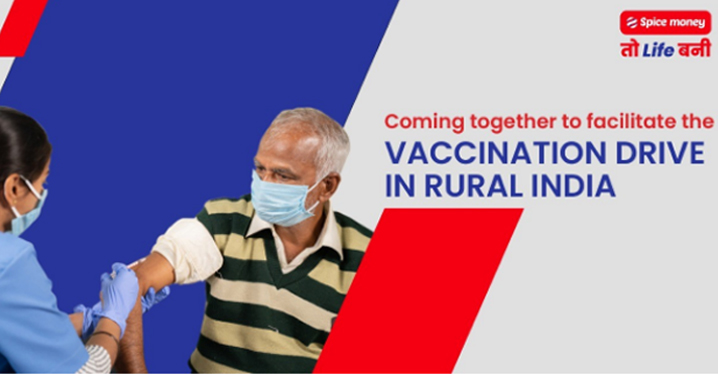
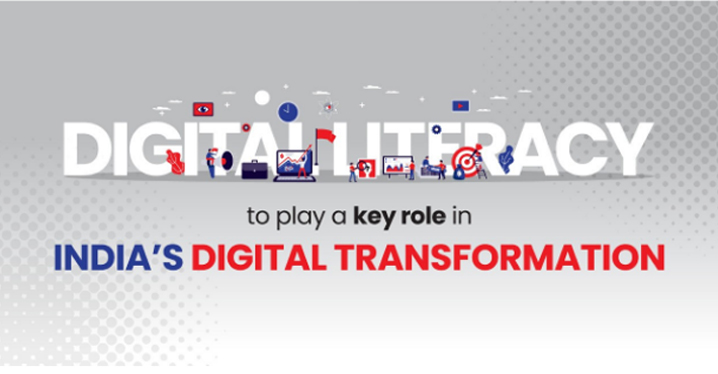
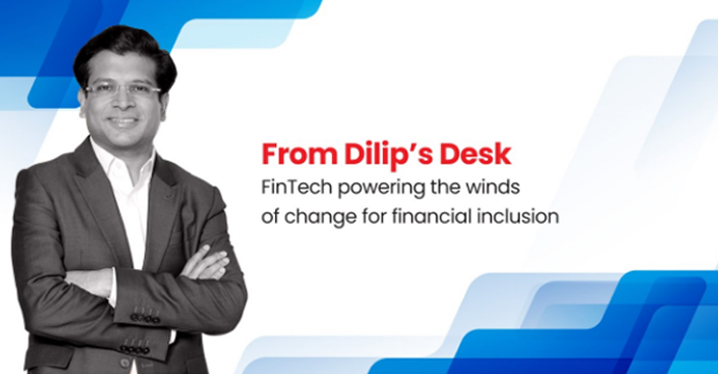
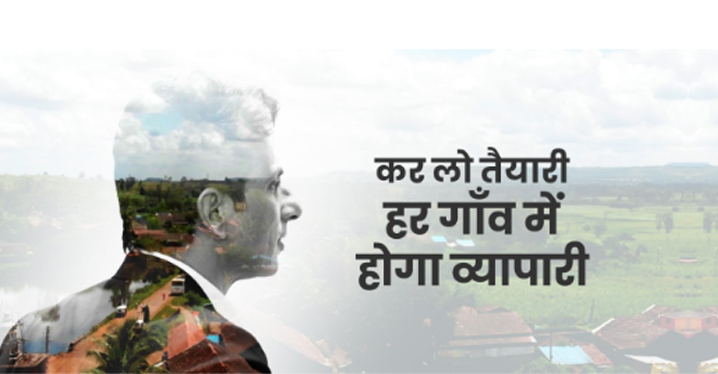
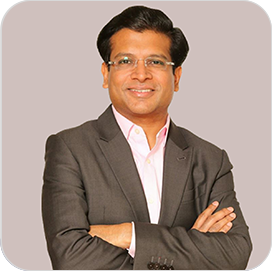







Comment (0)